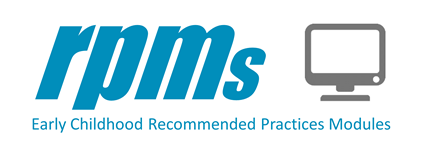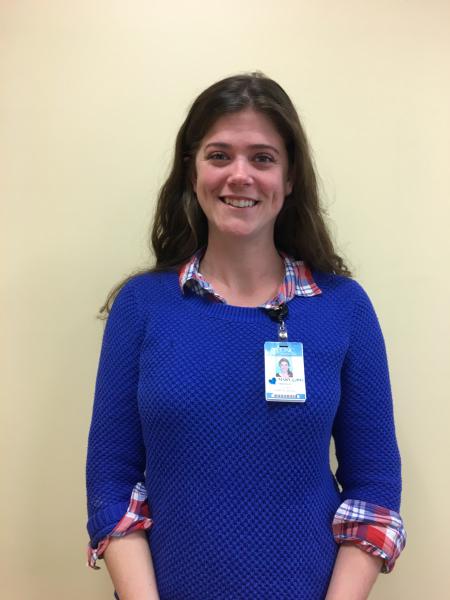Voices from the Field
In this lesson, you will hear from practitioners and a family member who share their experiences and the “know-how” that comes from solving problems, overcoming barriers, and making decisions in everyday life. We identified practitioners and a parent from different parts of the country who have experience-based knowledge on the topic of assessment and invited them to share their views on critical issues related to quality assessments and use of that data to inform practice. Click on one or more of the following to listen.
Click on one or more of the following to listen.
Mary Clare Freeman
Mary Clare Freeman is a bilingual special educator who talks about the effective use of formal assessments in working with English Language Learners to understand what students know/learn and how they learn, as well as monitor their individual progress. She provides an example of a particular student, Marlon, to illustrate how she used assessment information to inform her instruction and monitor his progress. Listen >
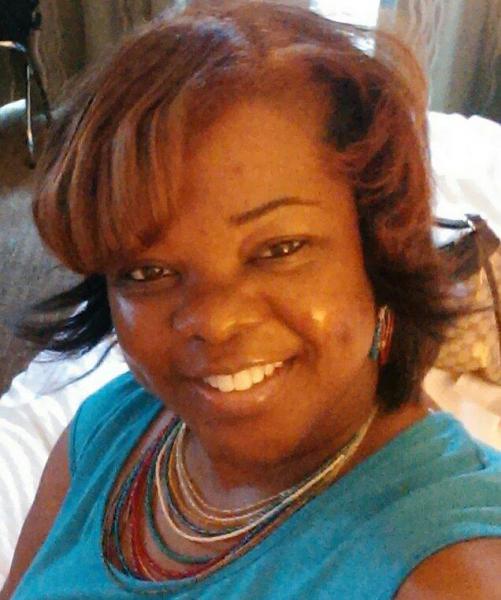
Veda Crandall
Veda Crandall shares her insight as both a child care administrator and a parent about how to effectively involve parents in the identification of developmental concerns, assessment and service delivery planning process. Listen >
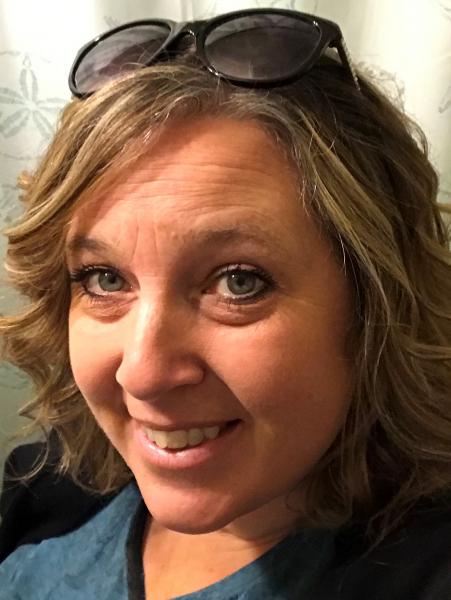
Jennifer Kaufman
Jennifer Kaufman talks about the importance of always assessing through subtle observations of children and families. Information gathered through subtle observations can inform decision-making, program planning and interventions as well as facilitate strong partnerships between practitioners and families. Listen >
Patricia Maris
Patricia Maris discusses how observation is an essential component of completing a quality assessment. Observation reveals important skills and interests of the child, which in turn informs more meaningful and functional outcomes and practices for both the child and family. Listen >
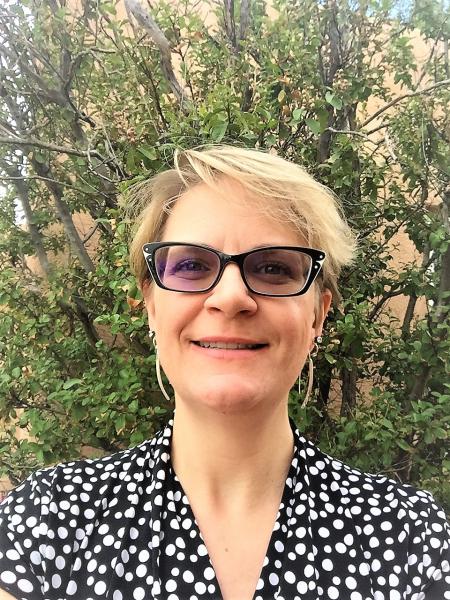
Jen Brown
Jen Brown talks about the use of clinical reasoning in helping to support and/or clarify assessment results. Clinical reasoning helps practitioners to better understand the context of the child’s experiences, family, culture and community in order to inform eligibility determination and instructional planning. Listen >
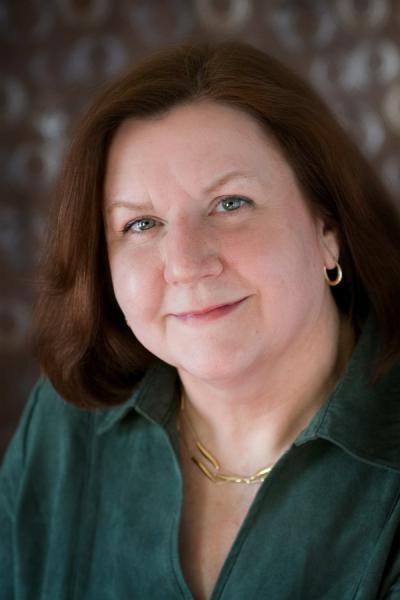
Karen Nemeth
Karen Nemeth addresses the importance of using assessment materials and strategies that are appropriate for the child’s age, level of development and in accordance with cultural and linguistic characteristics. Listen >
